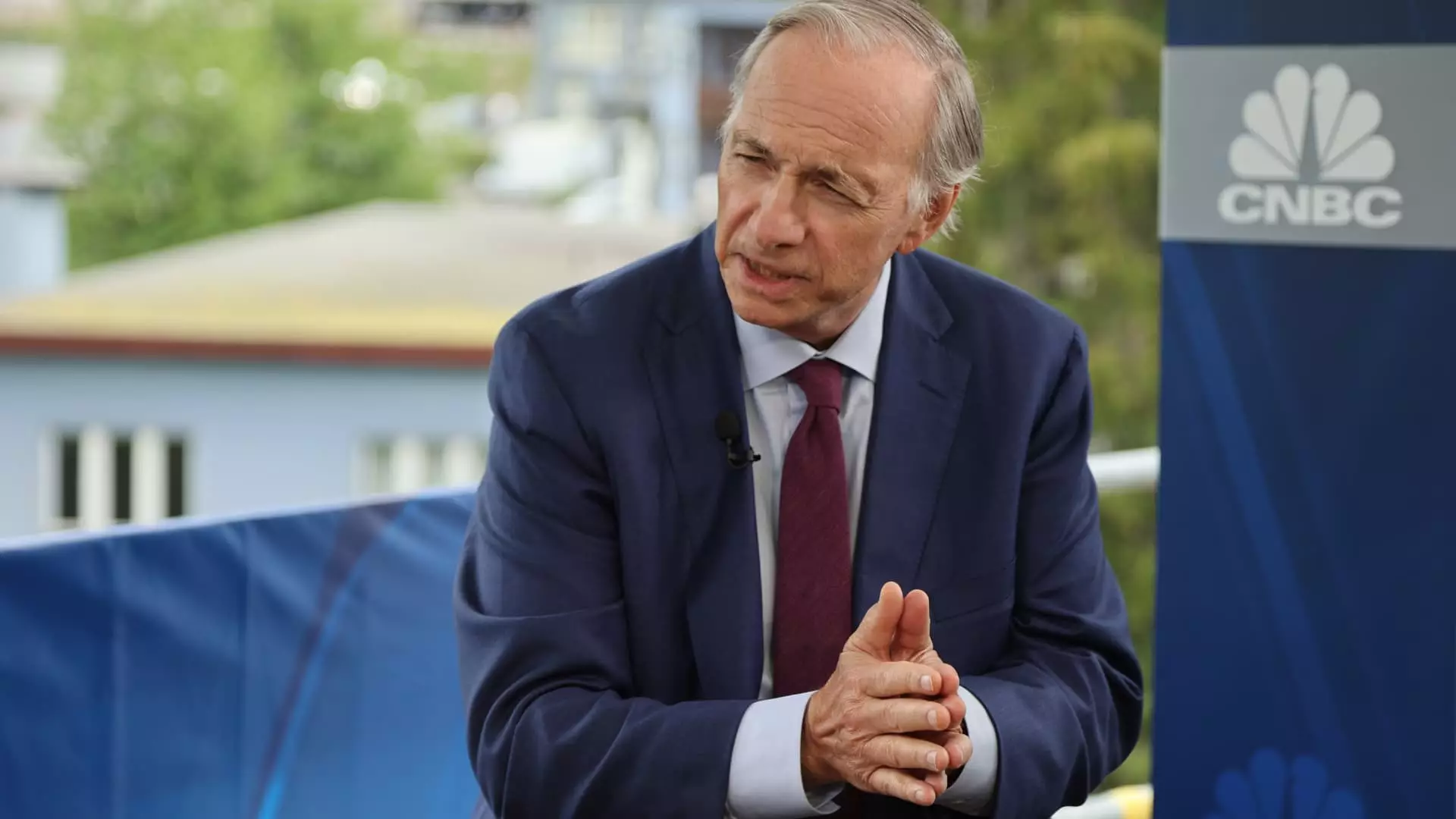Ray Dalio, a prominent investor and the founder of Bridgewater Associates, has made headlines with his assertion that the upcoming 2024 U.S. elections could be the most crucial of his lifetime. In a recent interview on CNBC’s “Squawk Box Asia,” he articulated his belief that the nation is in need of a “strong leader of the middle.” Dalio’s perspective sheds light on the current political landscape, illustrating how deeply divided the nation has become, with polarized ideologies battling for dominance. The question looms: can democracy withstand the pressures of such division?
Dalio raises alarms about the potential for an “orderly transition of power,” emphasizing the unsettling reality that election results may not be accepted by all segments of society. He points out a “win-at-all-cost” mentality pervasive in political culture, which undermines the very foundations of democratic governance. With political polarization more pronounced than ever, navigating issues like abortion, immigration, and climate change becomes increasingly complex. This raises fundamental questions about how effectively the U.S. can function when its citizens’ perspectives are so starkly opposed.
Despite the ideological rifts, Dalio acknowledges that many Americans share common concerns, such as inflation and the rising costs of living. Nationwide polling indicates that these issues resonate across party lines, creating a potential ground for moderates to foster dialogue and reform. However, this commonality is often overshadowed by the contentious political division that does not allow for constructive compromise.
In his interview, Dalio concedes that neither major political party offers the leadership necessary to address the profound challenges facing the American populace. He expresses a pressing need for moderates to unite and engage in meaningful reform that promotes broad-based prosperity. In contrast to the current state of affairs, where exceptional growth benefits a select few, Dalio argues for a comprehensive approach that creates equitable opportunities for all citizens.
Ray Dalio draws comparisons with global examples like Singapore, a nation often celebrated for its commendable public policies and commitment to education and housing. He implies that such models could serve as a template for the U.S. to aspire to in its quest for social order and economic success. Dalio believes that broad-based prosperity can lay the groundwork for a society characterized by both stability and opportunity, avoiding the pitfalls of the “winner-takes-all” approach prevalent today.
As the 2024 U.S. elections approach, Ray Dalio’s insights offer a sobering reminder of the challenges ahead. The nation stands at a crossroads, requiring leadership that transcends party lines to focus on unity, compromise, and the collective good. With the stakes higher than ever and a call for action resonating throughout the populace, the upcoming election may very well define the future trajectory of American democracy. The invitation is clear: a concerted push for middle-ground solutions could very well chart a new course for a more inclusive and prosperous United States.

Leave a Reply